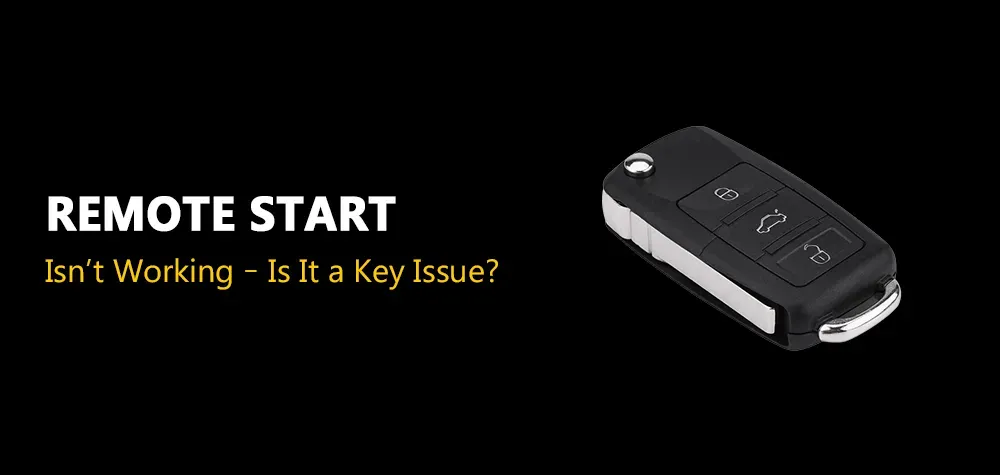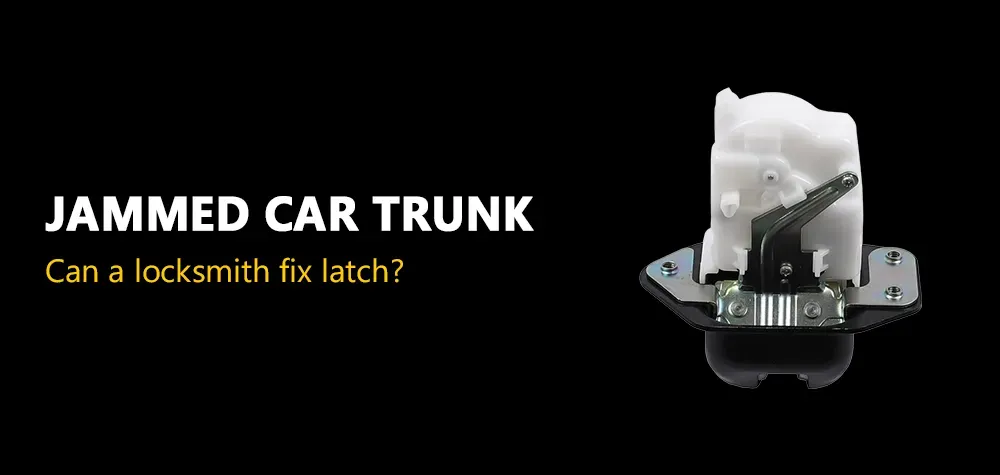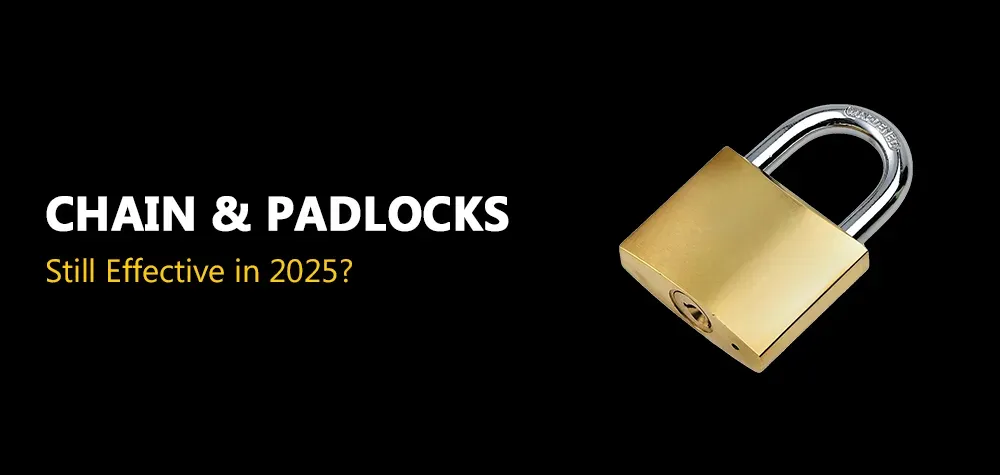Should You Upgrade to a Biometric Car Lock System? A Comprehensive Guide
In an age where security is a top priority, the way we protect our cars is evolving just as rapidly as technology itself. While traditional car locks and keys have served us well for decades, modern advancements are pushing the boundaries of how we secure our vehicles. One such innovation is the biometric car lock system, a futuristic solution that promises to make your car more secure and convenient than ever before.
But is upgrading to a biometric car lock system really worth it? What are the benefits, risks, and practical considerations to keep in mind? In this article, we’ll dive deep into the concept of biometric car locks, explore the reasons why you might want to consider upgrading, and provide guidance on whether it’s the right choice for you. Do reach out to us for professional services!
Why Do Locks Rust? Common Causes and How to Prevent It
What Is a Biometric Car Lock System?
A biometric car lock system is a security technology that uses unique physical characteristics of an individual—such as fingerprints, facial recognition, or even retinal scans—to grant access to a vehicle. Unlike traditional key-based systems, which rely on something you have (a physical key) or something you know (a PIN or password), biometric systems rely on something you are. This makes them much harder to bypass since biometrics are, in theory, unique to each individual.
Imagine walking up to your car, and with the swipe of your finger or the recognition of your face, the door unlocks and the engine starts. No fumbling with keys or worrying about losing them. It's not science fiction anymore—biometric car lock systems are real and becoming increasingly available for a variety of vehicles.
Why Consider Upgrading to a Biometric Car Lock System?
The appeal of upgrading to a biometric lock system is undeniable. In a world where convenience and security go hand in hand, biometric technology offers a significant leap forward. Let's break down why this might be a smart choice for your car.
Enhanced Security
Traditional car locks, whether mechanical or electronic, have weaknesses. Mechanical keys can be copied, stolen, or lost, and electronic key fobs are susceptible to hacking or signal jamming. Biometric systems, on the other hand, are built on something inherent to you—your unique fingerprints or face. It’s nearly impossible for someone to replicate these features, making biometric car locks far more secure against theft.
Unlike PIN codes or key fobs, which can be shared or stolen, your biometric data is tied directly to your physical body. This makes unauthorized access much more difficult and reduces the likelihood of car theft significantly. Additionally, since biometric data is more personal, it provides an extra layer of safety against forced entry.
Convenience and Ease of Use
The convenience factor is another compelling reason to consider a biometric upgrade. We’ve all experienced the frustration of losing our keys or forgetting them in the house when we're in a rush. With biometric technology, all you need to unlock your car is your fingerprint or face. No more fumbling around in your bag for the key fob or worrying about misplacing it.
For those who are tired of carrying around physical keys or the hassle of digital key fobs, the biometric system can make everyday car use feel seamless and modern. In some systems, biometric authentication can even be paired with other technologies, like smartphone apps, which allows you to unlock your car without ever needing to touch it.
Advanced Features and Integration
Biometric systems often come equipped with advanced features that take convenience to a new level. For example, certain systems allow you to unlock the car from a distance once your fingerprint or face is recognized. Other systems may integrate with your car’s alarm and tracking features, providing an additional level of protection. If your car is stolen, some biometric systems can automatically disable the ignition to prevent the thief from driving away.
Additionally, biometric technology often integrates well with other vehicle systems, such as automated driving features, in-car infotainment, or personalized seat settings. This creates a holistic experience where everything from the car’s climate control to the music settings adjusts based on who is entering the vehicle.
Potential Risks and Considerations
While biometric car lock systems offer impressive benefits, they’re not without their challenges. Before making the decision to upgrade, it’s important to consider some of the potential risks and drawbacks.
Privacy Concerns
One of the most significant concerns with biometric systems is the privacy of your personal data. Biometrics, such as fingerprints or facial scans, are unique identifiers, and once they are compromised, they cannot be changed like a PIN code or password. There is also the risk that these sensitive data points could be hacked, stored improperly, or sold without your consent.
If you decide to invest in a biometric lock system, ensure that the technology is secure, and that the data is encrypted and stored safely. It’s also important to ask about the company’s data retention policy—how long do they keep your biometric data, and what happens to it if you decide to stop using their system?
Technology Limitations and Reliability
While biometric systems are innovative, they’re not infallible. For instance, a fingerprint scanner may have difficulty reading your fingerprint if your hands are dirty, wet, or damaged. Similarly, facial recognition might not work properly if you're wearing a hat or glasses, or if the system is exposed to harsh weather conditions. While advancements in this technology are continuously improving, no system is perfect.
If the biometric system malfunctions, you may be locked out of your car. As a backup, many biometric systems still offer traditional methods of access, like a key fob or PIN code, but it’s important to ensure you always have a fail-safe method.
Installation and Cost
Upgrading to a biometric car lock system is not a cheap endeavor. Depending on the make and model of your vehicle, installation costs can vary significantly. These systems require specialized hardware and may also require modifications to your car's existing locking mechanism. Additionally, the cost of maintenance, software updates, and potential repairs can add up over time.
If you're on a budget, the initial expense of upgrading may be a concern. However, if security and convenience are top priorities for you, the investment may be well worth it in the long run.
Expert Recommendations: Is It Right for You?
Biometric car locks are not a one-size-fits-all solution. Whether or not you should upgrade depends on several factors, including your lifestyle, your priorities, and the level of security you require.
If you live in an area with high rates of car theft or if you're particularly concerned about the security of your vehicle, upgrading to a biometric system could provide peace of mind. It’s also a great option for those who frequently lose their keys or simply want to experience the latest in automotive technology.
However, if you’re someone who values privacy, or if you’re concerned about the potential risks involved with new technologies, it might be worth waiting until the systems become even more reliable and secure. Additionally, if you’re on a budget, there may be more cost-effective ways to upgrade your vehicle's security without jumping straight to biometrics.
What to Expect During a Lock Rekeying Service
Preventive Measures: Maximizing Security and Convenience
If you decide that a biometric car lock system is the right choice for you, there are a few things you can do to ensure it works flawlessly. Always keep the software on your biometric system updated to address any bugs or vulnerabilities. Ensure that you have a backup method of access, such as a traditional key or PIN code, in case the biometric system fails.
Also, maintain your biometric system by regularly cleaning the sensors and protecting them from extreme weather conditions. Since biometric systems rely on physical characteristics, making sure the sensors are clear of dirt or moisture will improve their performance and longevity.
Conclusion: Is Upgrading to a Biometric Car Lock System Worth It?
Upgrading to a biometric car lock system is certainly an intriguing option for those seeking enhanced security and convenience. With its promise of personalized, keyless access and robust anti-theft features, it can transform the way you interact with your vehicle. However, like any technology, it comes with its own set of risks and challenges.
Before making the decision, weigh the pros and cons carefully. Consider your security needs, privacy concerns, and budget. If you value cutting-edge convenience and are willing to invest in the future of automotive security, a biometric car lock system might just be the upgrade you’ve been waiting for.
In the end, it’s all about finding the right balance between security, convenience, and practicality. A biometric system could be an excellent choice for many drivers—but make sure it’s the right fit for your car and your lifestyle.
Call Us Any Time!





